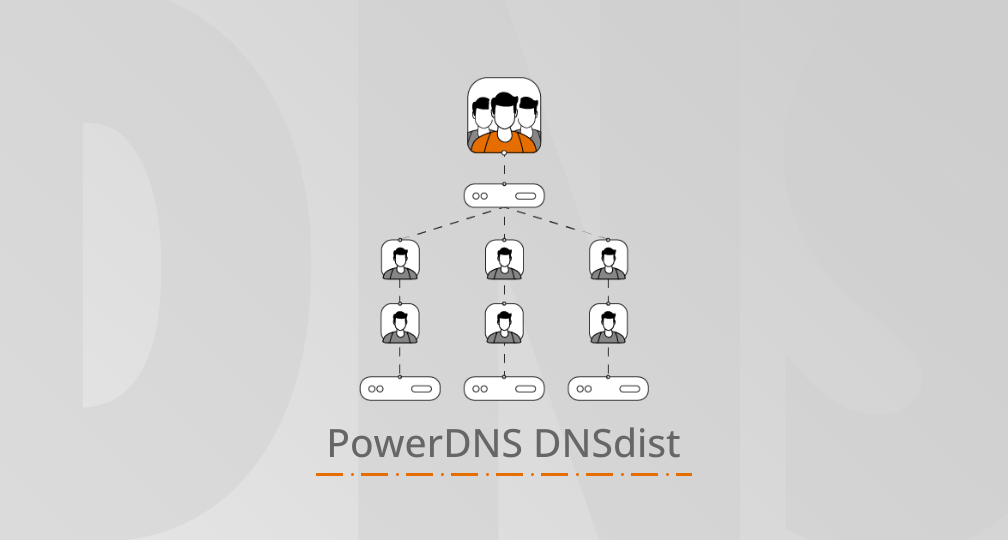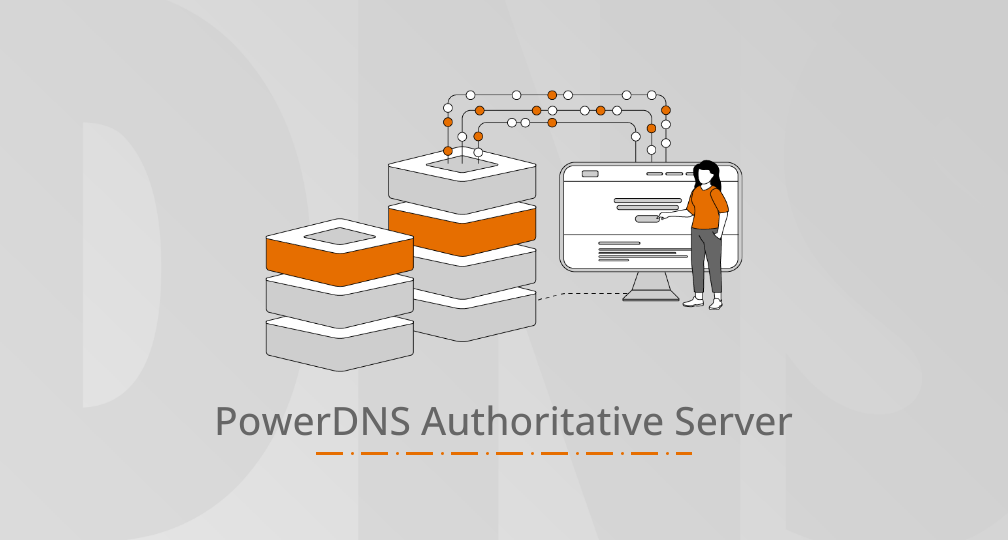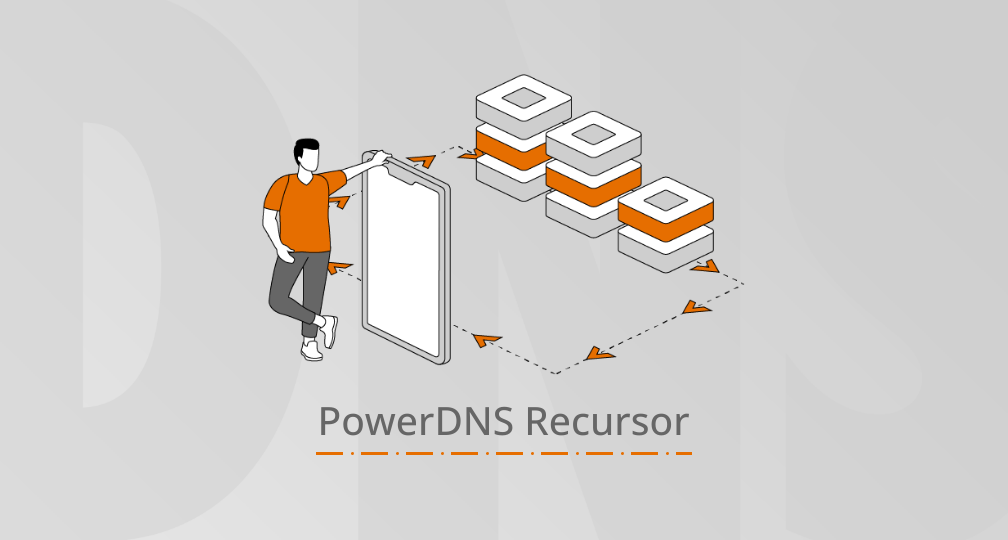Welcome to the PowerDNS Blog

PowerDNS DNSdist 2.1.0-beta1 Released
Remi Gacogne on Feb 23, 2026
Today we released the first beta version of what will become PowerDNS DNSdist 2.1.0. This new version brings new features and improvements since the first alpha: OpenTelemetry: add flags field in TRACEPARENT EDNS...

PowerDNS Authoritative Server 5.0.3 & 4.9.13
Peter van Dijk on Feb 20, 2026
Today, we are releasing two new versions of the PowerDNS Authoritative Server. These 4.9.13 and 5.0.3 versions only contain bugfixes.

Multi-cluster observability for cloud-native PowerDNS installations
Neil Cook on Feb 17, 2026
A future-proof architecture, lower operational costs, improved scalability, and more efficient platform management through containerization, automation, orchestration, lifecycle management, monitoring, and alerti...

First release candidate of PowerDNS Recursor 5.4.0
Otto Moerbeek on Feb 17, 2026
We are proud to announce the first release candidate of PowerDNS Recursor 5.4.0!

PowerDNS Security Advisory 2026-01
Otto Moerbeek on Feb 09, 2026
Today we have released PowerDNS Recursor 5.1.10, 5.2.8 and 5.3.5. These releases fix a PowerDNS Security Advisory 2026-01: Crafted zones can lead to increased resource usage in Recursor There are two CVEs associa...

PowerDNS DNSdist 2.1.0-alpha1 Released
Remi Gacogne on Jan 29, 2026
Today we released the first alpha version of what will become PowerDNS DNSdist 2.1.0. This new version brings many new features: OpenTelemetry tracing support has been added Structured logging has been added A an...

First beta release of PowerDNS Recursor 5.4.0
Otto Moerbeek on Jan 27, 2026
We are proud to announce the first beta release of PowerDNS Recursor 5.4.0!

PowerDNS Recursor 5.3.4 Released
Otto Moerbeek on Jan 14, 2026
Today we have released PowerDNS Recursor 5.3.4. This release is a maintenance release that fixes a few bugs and introduces a few improvements. The most important ones are:

First alpha release of PowerDNS Recursor 5.4.0
Otto Moerbeek on Dec 16, 2025
We are proud to announce the first alpha release of PowerDNS Recursor 5.4.0!

